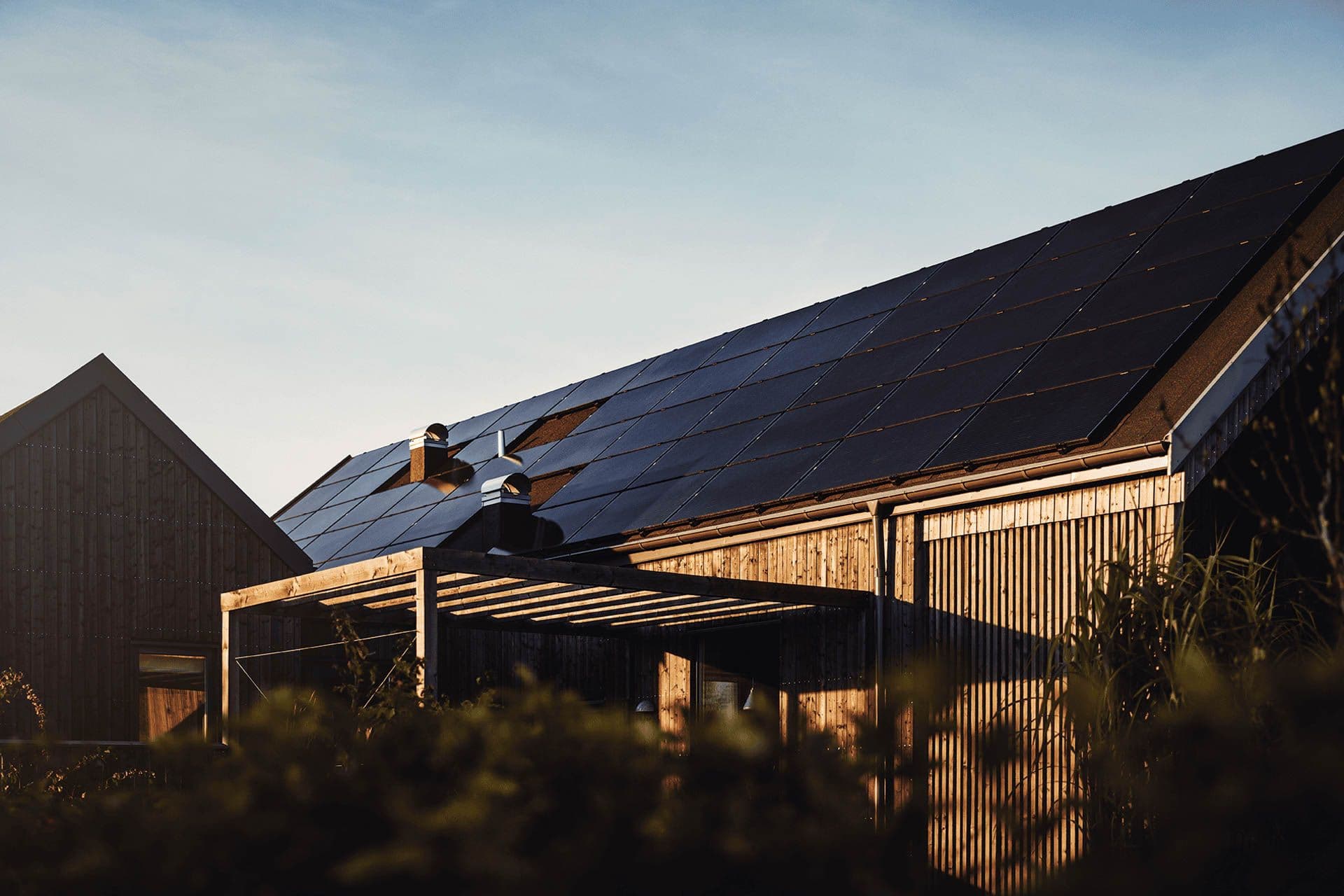17 December 2024
3 minute read
Written by:

Regina Onorato
Content Designer
How long does it take to install a heat pump?

Key takeaways:
- A typical air source heat pump installation takes two to four days
- The installation timeline can be longer or shorter depending on the needs of your property
- Major factors impacting your installation timeline can include radiator and electrical upgrades
Upgrading your home’s heating and cooling system with a heat pump is an energy-efficient investment, but how long does installation take? Typically, it lasts 2-5 days, depending on factors like property accessibility, existing ductwork, and electrical requirements. Here’s what influences the timeline and how you can prepare for a smooth process.
Typical installation timeline
Every aspect of a heat pump installation goes more smoothly with educated and competent installers. At Aira, we train all of our installers extensively, so you can rest assured that you are in good (and efficient) hands. With Aira technicians, here’s what you can expect:
- Initial assessment and planning: Conducted by technical surveyors, this phase includes a heat loss calculation and site evaluation. Adjustments, such as insulation upgrades, may be required. You’ll also need to prepare the site for the outdoor unit by levelling the ground or choosing a composite pad.
- Old system removal: Transitioning from a gas boiler involves disconnecting and safely disposing of old components, including hazardous refrigerants. This step may take additional time but ensures a seamless shift to modern heating.
- Fitting new components: Installers place the outdoor unit, connect it to the indoor system, and integrate components like circulation pumps and control boxes. System flushing, testing, and commissioning finalise the setup, ensuring peak performance.
Weather & planning permissions
Weather can impact installation efficiency. While rain or snow requires extra precautions, skilled installers can mitigate these challenges.
Most air-source heat pumps in the UK are classified as “permitted developments,” meaning planning permissions aren’t required unless your home is listed or in a conservation area. When needed, securing permissions can take several weeks, but in those cases Aira will handle all of the planning permissions on your behalf so your switch is hassle-free.
Things to keep in mind during installation
- Radiator upgrades or replacements: Air source heat pumps operate at lower temperatures than traditional boilers, which may make existing radiators less effective at distributing heat. To maximise efficiency and comfort, you might need to install larger radiators or upgrade to low-temperature models like underfloor heating systems. This can add time and cost to the installation process but ensures the system performs optimally.
- Electrical panel upgrades: Air source heat pumps typically require a dedicated power supply, which may exceed the capacity of older electrical panels. Upgrading the panel to accommodate the additional load ensures safety and compliance with electrical codes but can extend the installation timeline.
- Wiring issues: Faulty wiring can pose risks and hinder the heat pump’s operation. Identifying and addressing these issues—whether it’s installing new wiring or repairing existing connections—requires expertise and care.
- Blown fuses or circuits: Electrical problems, such as blown fuses or tripped circuits, may occur during or after installation, especially in homes with aging electrical systems. These issues must be resolved promptly to prevent damage to the heat pump and ensure reliable operation.
These challenges highlight the importance of hiring experienced professionals for the installation. Skilled technicians can anticipate potential complications, address them efficiently, and ensure the system is installed correctly. Aira Clean Energy Technicians receive special training, so you can rest assured that your installation is being handled by pros.
Conclusion
Heat pump installation is an overall efficient process, especially when handled by trained professionals. Upgrading to a heat pump is a step toward sustainable living, reducing energy bills and your carbon footprint. By understanding the process, you can plan for a smoother upgrade to this energy-efficient technology.
What type of house do you live in?
Keep learning
Similar articles to expand your knowledge

Published today
Carl RobinsonThe Warm Homes Plan: what it really means for your energy bills
The UK’s new Warm Homes Plan confirms one thing: the future of cheaper energy is clean, electric homes. Here’s what the plan really means for homeowners. And how heat pumps, solar and home batteries can cut your bills long before 2030.

Published at 15 Jan 2026
Carl RobinsonIs a heat pump ideal for your semi-detached home?
Think heat pumps are only for large detached homes? In reality, semi-detached houses are perfectly suited to them. We delve into why heat pumps work so well in these homes and whether yours is ready for the swtich.

Published at 6 Jan 2026
Carl RobinsonSolar panels with home battery storage: is it worth it?
Solar panels generate free, 100% clean energy, but a home battery is what helps you use more of it. By storing excess solar power for later, battery storage can make solar far more effective. Here’s why solar and batteries belong together. And where Aira fits in.

Published at 19 Dec 2025
Carl RobinsonIs a heat pump ideal for your single-family detached home?
If you own a single-family detached home, you’re already in a strong position to switch to a heat pump. With full control over your space, insulation and energy use, heat pumps can deliver lower bills, steadier comfort and lower emissions all year round. Here’s what to know about performance, costs and everyday life with a heat pump in a single-family detached home.

Published at 17 Dec 2024
Carl RobinsonHeat pump efficiency explained: When is a heat pump most efficient and why
Heat pumps are the most efficient way to heat a UK home and are typically 4 times more efficient than a gas boiler. But what actually drives that efficiency? And when do heat pumps perform at their best? This guide breaks it down simply, from COP and SCOP to the real factors that shape performance.

Published at 2 Dec 2025
Carl RobinsonDo heat pumps work in older homes?
Thinking heat pumps are just for new builds? Think again. Many older homes can run a heat pump efficiently and affordably – cutting energy bills, reducing carbon emissions, and future-proofing your home. Just as a heat pump in a newbuild home would.